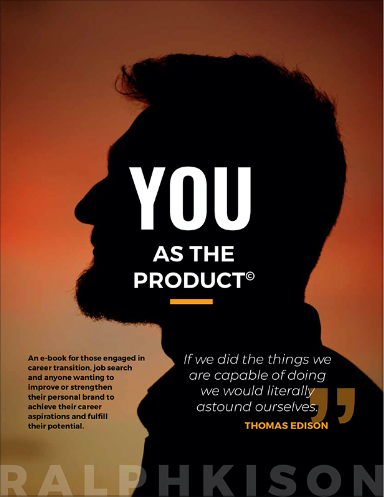It sure feels good when you tell someone what you really think. Especially when they deserve it. You get it off your chest; tear them a fresh page and hopefully teach them a lesson.
Sometimes it works. Sometimes it doesn’t. Most of the time it only creates tension, resentment or anger.
This was brought home so well in the film from a few years back, “You’ve Got Mail”, staring Tom Hanks and Meg Ryan. In the film, the two characters engage in a bitter business rivalry, in a David and Goliath story of a mega book store owner (Hanks), and a small specialty children’s book store (Ryan), who is being put out of business by Hanks’ store. You can watch a short clip of it here: You’ve Got Mail – Coffee Shop Clip.
They are ruthless to each other whenever they meet in public, yet they are getting to know each other and their true character via an anonymous virtual relationship. Unbeknownst to Ryan’s character, she is pouring her heart out to someone she has meet over the internet, (Hanks). He is counselling and providing her with advice on how to deal with a number of personal issues all under the pseudonym of NY152. If you’ve seen the movie you know that in public they give each other a piece of their mind and don’t hold back while on a virtual basis the two reveal their emotions, empathy and perspective and share some of their deepest and most personal feelings. You’ll have to watch it if you want to know how it ends.
The film does a great job of demonstrating how an unrestrained emotional response can cut and hurt someone deeply. Too often, after the words have left our mouth, we regret what we just said. Unfortunately, we may have already started an emotional or relational fire that is difficult to extinguish.
Here’s the rub – learning to control your instincts or reflexes during conversations, meetings, family, conflicts, etc., can be the difference between success and failure.
The next time you lock horns with a co-worker over a project’s next steps and jump to defend your position, you might fail to hear the other person’s perspective and up in an aggressive and negative emotional clash.
To help overcome or deal with this do the following:
- Identify your emotional trigger points.
- Anticipate what sets you off and avoid getting drawn into issues or discussions that may spiral downward.
- Engage in Active Listening – listen to the words and the emotions and feelings attached to them by the person and observe their body language for the true meaning.
- Take ownership over your reactions. Awareness enables you to stay calm and in control.
- Avoid getting into high risk conversations when your self control is low such as when you’re tired, hungry, stressed by deadlines or running behind schedule or if you’ve been drinking too much. (Alcohol can reduce inhibitions and lead to the “If I’d only not said that to them” syndrome when you’re sober)
- Say sorry. If you mess up, apologize and try to make a fresh start.
Miguel Ruiz said it best in his book The Four Agreements: “Be Impeccable With Your Word. Speak with integrity. Say only what you mean. Avoid using the word to speak against yourself or to gossip about others. Use the power of your word in the direction of truth and love.”


Awesome Ralph, as a person who has always had a ‘short fuse’ becoming a Leader early in my career I had to learn to clear my mind and pay attention to what someone was saying rather then mentally preparing my response. The only exception was when someone was attacking me personally, that still ignites me.